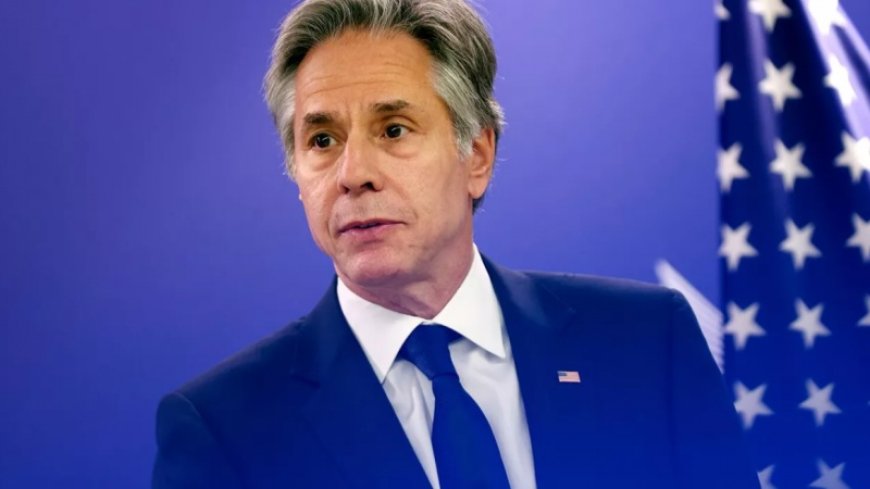State Department Acknowledges Resilience of Russian Defense Industry Amid Sanctions

U.S. Secretary of State Antony Blinken has acknowledged the resilience and adaptability of Russia's defense industry in the face of extensive international sanctions. Despite the economic pressures aimed at curtailing its military capabilities, Russia has managed to sustain and even bolster its defense-industrial complex.
"Russia has effectively maintained the operation of its defense industry, which has enabled it to continue its special military operation in Ukraine," Blinken stated. He highlighted that Russia has successfully navigated around the imposed restrictions, establishing alternative support channels with countries such as North Korea, Iran, and China.
This acknowledgment comes against the backdrop of ongoing geopolitical tensions and military engagements in Ukraine. The adaptability of Russia's defense sector, as noted by Blinken, suggests a significant challenge for the international community's efforts to weaken Russia's military capabilities through economic sanctions.
In June, NATO Secretary General Jens Stoltenberg also noted Russia's unexpectedly rapid enhancement of its defense industry. He pointed out that NATO member states have been slower than anticipated in scaling up their military production in response to the evolving security threats posed by Russia.
The strategic alliances with North Korea, Iran, and China have been pivotal for Russia, providing critical support to circumvent sanctions. These partnerships have included technological exchanges, economic cooperation, and possibly covert assistance, all of which have contributed to the sustained operations of Russia's military-industrial complex.
The resilience of Russia’s defense industry has broader implications for global security and the effectiveness of sanctions as a tool of international policy. The ongoing conflict in Ukraine and the ability of Russia to maintain its military operations despite economic pressures underscore the complexity of geopolitical power dynamics.
Additionally, the international community continues to evaluate and adapt its strategies in response to these developments. The effectiveness of sanctions, the role of international alliances, and the future of global defense policies remain key areas of focus as nations seek to address the ongoing conflict and its broader implications.
Efforts to counteract Russia's maneuvering include increased diplomatic pressure on its supporting allies and enhanced sanctions aimed at closing the loopholes that have allowed Russia to sustain its defense industry. Moreover, Western nations are accelerating their own defense production capabilities to ensure preparedness and support for Ukraine.
As the situation evolves, the resilience of the Russian defense sector and the international community's responses will continue to shape the geopolitical landscape, influencing future strategies and alliances.













































